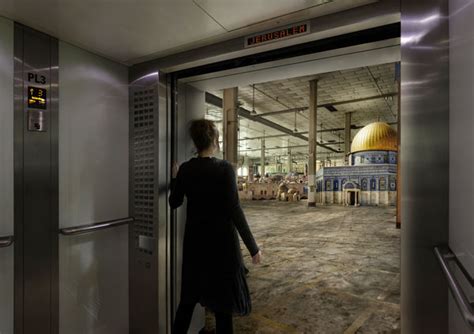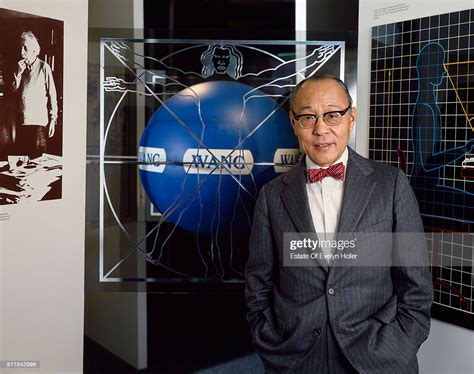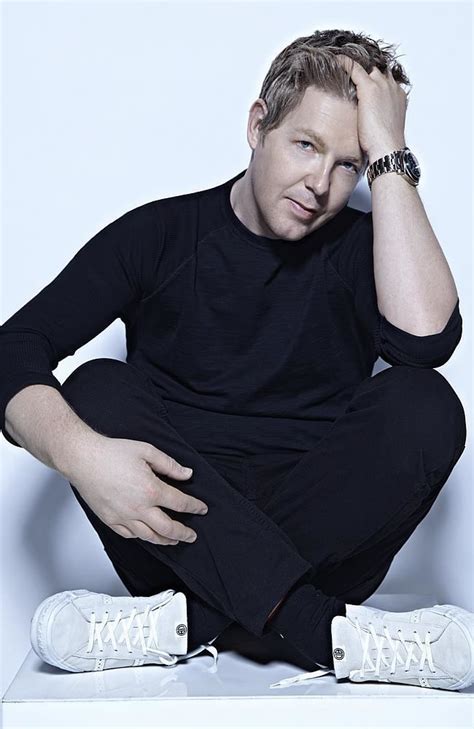A Quote by Sarah Hall
For its speculations to be taken seriously, dystopian fiction must be part of a discussion of contemporary society, a projection of ongoing political failures perhaps, or the wringing of present jeopardy for future disaster.
Related Quotes
'The Handmaid's Tale' takes place in the near future, a dystopian future, and is based on the book by Margaret Atwood. It takes place in what was formerly part of the United States at a period of time when society has been taken over by a totalitarian theocracy. It's about the women who live in subjugation.
Science fiction also provides a sense of nostalgia that is always present when it comes to Palestine, in that whenever we talk about Palestine, it is never in the present, but either remembering a past or imagining a better future. Submitting gritty Middle Eastern politics to high production sci-fi in this manner not only underlines the absurdity of the situation, but brings about a dystopian future scenario.
To be a science fiction writer you must be interested in the future and you must feel that the future will be different and hopefully better than the present. Although I know that most - that many science fiction writings have been anti-utopias. And the reason for that is that it's much easier and more exciting to write about a really nasty future than a - placid, peaceful one.
Live in the present. The past is gone; the future is unknown -- but the present is real, and your opportunities are now. You must see these opportunities; they must be real for you. The catch is that they can't seem real if your mind is buried in past failures, if you keep reliving old mistakes, old guilts, old tragedies. Fight your way above the many inevitable Traumatizations of your ego, escape damnation by the past, and look to the opportunities of the present. I don't mean some vague moment in the present -- next week or next month, perhaps. I mean today, this minute.
There is the specter of "realism" that is still haunting Chinese contemporary art - that art is only an instrument, an instrument to reflect society, that it must be useful for society. Also, I have noticed many Western media outlets are very insistent on understanding contemporary art in China through this kind of realist approach. Sometimes I even sense that they are intent on, as we say in China, "picking bones of politics out of an egg of art." Or perhaps they see art as merely an instrument to reflect society.







































